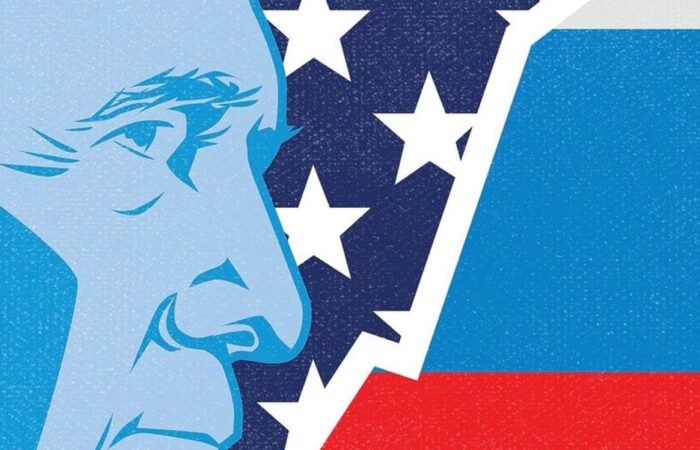ANALYSIS/OPINION:
In what can only be regarded as an ingenuous diplomatic assertion, President Trump agreed that the Russians had not attempted to influence the 2016 election, despite Intelligence reports to the contrary. It appeared as if Mr. Trump had more confidence in President Putin’s strength and powerful denial, than the general belief in Washington on both sides of the aisle. To his critics, Mr. Trump abased himself abjectly to a tyrant. Sen. John McCain said, “Today’s press conference in Helsinki was one of the most disgraceful performances by an American president in memory.”
Recovering from this self-imposed injury won’t be easy, unless the president has a strategic vision that ultimately yields results for the United States. For example, if this modus vivendi leads to stabilization in the Middle East, it might have been worth the embarrassment at the summit. Having been invited to cope with the Syrian poison gas question by President Obama, the Russian position continued to expand as an enforcer of Iranian imperial ambitions and Hezbollah defender.
If the president can alter this arrangement by “peeling” Russia away from Iran, the threat of a Shia Crescent — an Iranian land mass from Tehran to the Mediterranean Sea will diminish, thereby giving Sunni states a reprieve from the tension of potential war.
It is doubtful Mr. Trump has that kind of strategic position, but surely his national security adviser, John Bolton, does. There is much on the world stage the United States can concede, but only if the Russians are willing to play a helpful role. Can Mr. Putin put global equilibrium before his nationalistic fervor?
The danger that Mr. Trump confronts in the future is that America is regarded as “soft” and ineffectual. In undressing his own institutional agencies, he has made it difficult to obtain intelligence when it is needed. In fact, Mr. Trump sounded very much the Cold War apologist who ritualistically blamed tensions on the United States.
However, the world Mr. Trump sees is through the lens of a Europe weak, dissolute and feckless. If he is looking for an ally to offset the growing Islamic influence, Russia might be an interesting candidate, at least this is one plausible scenario. If this is the “reset” for Mr. Trump, it is not so different from the Obama position vis-a-vis Russia when a similar claim was made.
The question, of course, is what is Russia buying? At the moment Mr. Putin has Finlandized the Baltic States and made it clear NATO is a paper tiger. So much of recent history is falling into the lap of Mr. Putin. Syria was a windfall; after a modest investment Russia has obtained disproportionate rewards. Crimea has already gone down the media memory hole, even though Mr. Trump still believes the annexation was illegal. By simply requesting it, Russia was given a negotiating role on the Joint Comprehensive Plan of Action on Iran’s nuclear program.
Looking at this picture, Mr. Trump may be realistic in his assessment of Mr. Putin or he may be sly as a fox or as dense as a hog. He is by nature a gambler who prefers the high stakes table. But since he is erratic, unpredictable and occasionally foolhardy, decisions aren’t always wise. His key advisers cannot really keep him in check. If they attempt to persuade, their influence will diminish; if they do not attempt to persuade their influence will diminish.
Where he is taking the nation is unprecedented. But is it good for America? Surely Mr. Trump — the nationalist and populist — believes he is on the right track. The future is not what it used to be, and Mr. Trump is not an establishment president. Let’s see where the chips are placed and the rewards — if any, emerge.
This is a critical moment in the history of foreign policy. Europe is in entropy, Asia is on the rise, and the United States is in a positive state economically and confused culturally. The desire for leadership is palpable as Americans ask whether Mr. Trump can provide it.

